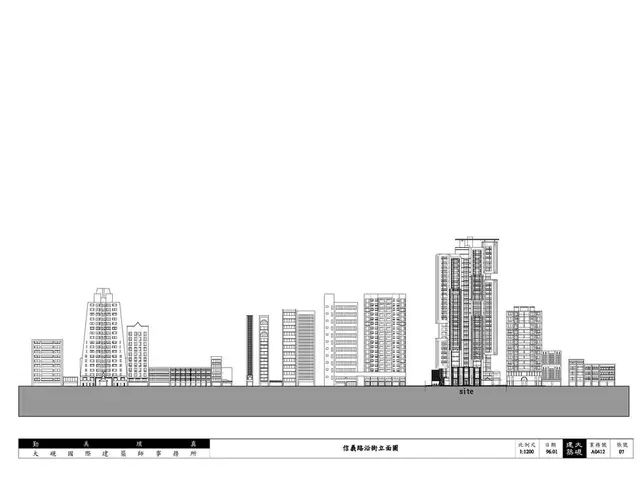Washington district court mandates the admission of approximately 12,000 refugees.
Revamped Court Order Stipulates Admission of Thousands of Refugees
In a decisive move, Judge Jamal Whitehead of the U.S. District Court has ordered the Trump administration to welcome around 12,000 refugees to American soil, contravening the president's attempts to halt the national refugee admissions program.
This ruling was a response to the Department of Justice and refugee resettlement agencies contending over the interpretation of a federal appeals court decision that narrowed Judge Whitehead's previous ruling significantly.
During a recent hearing, the government signaled it should only process 160 refugees and intended to challenge any order compelling the admission of thousands. However, Judge Whitehead's verdict dismissed their assessment.
"This Court will not tolerate the government's manipulation of a judicial order," stated Judge Whitehead in his recent ruling. "The government is free to seek guidance from the Ninth Circuit Court of Appeals, but not to flout statutory and constitutional law or our court's orders while doing so."
Established in 1980 by Congress, the refugee resettlement program represents a legal avenue for individuals displaced by conflict, natural disasters, or persecution to immigrate to the United States. It's a lengthy process that comprises rigorous screening, unlike asylum, which allows new arrivals in the States to seek stay because of home country persecution fears.
Amid his second term, President Donald Trump imposed a temporary halt on this program. The decree sparked a lawsuit from refugees whose U.S. settlement attempts were disrupted and major aid organizations, citing staff layoffs, frozen funding, and halted processing of refugee applications.
Appointed by former President Joe Biden in 2023, Judge Whitehead blocked Donald Trump's decree, criticizing it for nullifying Congress's intent to establish the national refugee admissions program.
The U.S. Court of Appeals for the Ninth Circuit temporarily held Judge Whitehead's initial decision in March, asserting that the administration had a high likelihood of success, due to the president's wide powers concerning immigration. Nevertheless, the court recognized that the government should still process applicants whose entry had been authorized and demanded the preservation of aid.
In his new ruling, Judge Whitehead instructed the administration to restart processing the refugee files shielded by the court order within seven days, involving U.S. embassies and staff.
Additional Insights:
- The current court order requires the Trump administration to admit about 12,000 refugees, contrary to the administration's initial argument for only 160 refugees[1][5].
- Following Judge Whitehead's decision, the administration filed an emergency appeal, which may impact a broader range of migrants[4]. The specific appeal concerns the 12,000 refugees is still ongoing.
- The U.S. Court of Appeals for the Ninth Circuit initially stayed most of Judge Whitehead's previous decision in March but acknowledged that the government should continue processing applications for those already approved[5]. The court emphasized that people who had uprooted their lives in anticipation of U.S. admission based on government promises should be given priority.
In light of Judge Whitehead's recent ruling, the government is now mandated to reconsider its policy on refugee admissions, with an emphasis on welcoming around 12,000 refugees, hindering the administration's original proposal of admitting only 160. This shift in justice, arising from court orders and legislation, has the potential to significantly impact the political landscape, particularly in terms of general news regarding immigration policies.
The intensified focus on refugee resettlement, following Judge Whitehead's verdict, underscores the need for the administration to navigate the intricate path of policy-and-legislation concerning immigration, potentially leading to further political debates and discussions.







